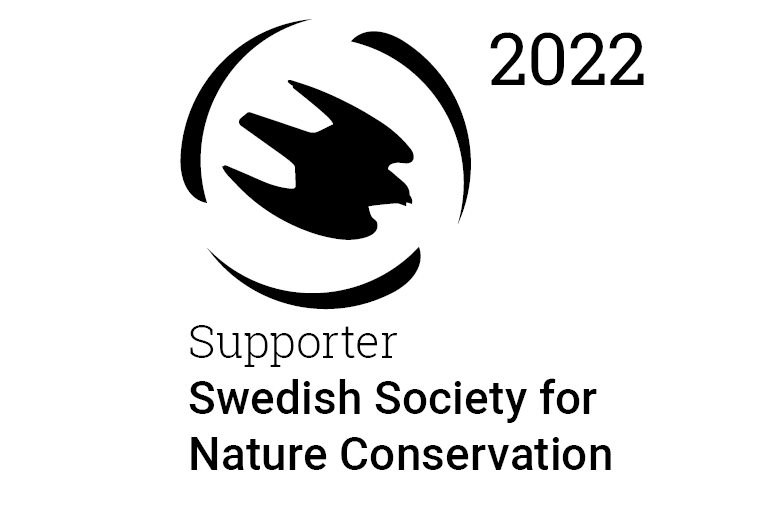- Home
- News Details
News Details

EU Reaches Agreement for Sustainable Packaging and Circular Economy
2024-03-18 Reference source : European Parliament
Chemicals Strategy for Sustainability Single-Use Plastics Directive
On 11 March 2024, the European Parliament and the Council reached a ground-breaking provisional agreement on reformed rules aimed to improve the sustainability and safety of packaging and promote a circular economy.
Background:
In 2018, packaging turnover of in the EU reached € 355 billion, making a significant contribution to the economy. However, the increase in packaging waste, from 66 million tonnes in 2009 to 84 million tonnes in 2021, required strategic measures. Each European generated 188.7 kg of packaging waste in 2021, a figure that is projected to rise to 209 kg in 2030 without intervention.
Key Measures:
-
Packaging Reduction Targets:
The agreement sets ambitious reduction targets, particularly for plastic packaging waste.
|
Year |
Plastic reduction Target |
|
2030 |
5% |
|
2035 |
10% |
|
2040 |
15% |
-
Ban on Certain Single-Use Plastics:
From 1 January 2030, certain single-use plastic packaging formats will be banned, including those for fresh produce, foods and beverages in cafes/restaurants, and individual portions.
-
Ban on "Forever Chemicals":
To ensure health and safety, the agreement introduces a ban on the use of "forever chemicals" (PFAS) in food contact packaging.
-
Reusable Packaging Targets:
A specific target for reusable packaging for beverages (excluding milk, wine, etc.) is set at a minimum of 10% by 2030, with the possibility for Member States to grant derogations under certain conditions.
-
Consumer Options for Reusable Containers:
Final distributors of beverages and take-away food must offer consumers the option of using their own containers. By 2030, they must aim to offer 10% of products in a reusable packaging format.
-
Incentives for Tap Water and Recycling:
Member States must encourage restaurants, canteens, bars, cafés, and catering services to serve tap water in a reusable or refillable format.
-
Recyclable Packaging and Waste Collection:
The agreement mandates that all packaging to be recyclable, with specific criteria defined through secondary legislation. Exceptions are made for certain materials such as wood, cork, textiles, rubber, ceramics, porcelain, or wax.
Other measures include minimum recycled content targets for plastic parts, increased recyclability requirements, and a commitment to separately collect 90% of single-use plastic and metal beverage containers by 2029.
Next Steps:
The agreement must be formally approved by the European Parliament and the Council before it can come into force.
This remarkable agreement represents a significant step towards a sustainable and circular approach to packaging in the EU.
We acknowledge that the above information has been compiled from European Parliament.
Global Product Compliance (GPC) specializes in Global Regulatory Compliance Solutions across sectors
globally. SSS Europe, a familiar name in chemical regulatory and compliance services now formally belongs
under the umbrella of GPC Holding Sweden.
Since 2008, we have emerged as one of the leading names among Global Regulatory Compliance Service
Providers with Representation services in Europe, Asia and Middle East for respective chemical
regulations.


